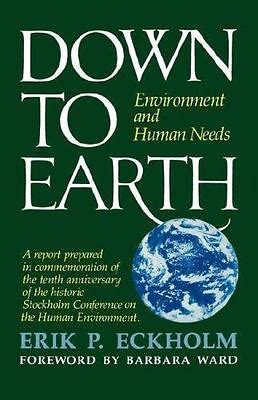A Quote by Torrey DeVitto
Not only does virtual dissection save animals, it also saves schools money and helps the environment by sparing the use of toxic chemicals typically used to embalm animals.
Related Quotes
Years of cultural programming have taught us to love some animals while eating others, when in all reality, all animals are sentient beings with the capacity to feel, both physically and emotionally. Every day, I have the choice to live a life of compassion that not only saves animals but helps the environment.
One animal or plant species may become extinct every hour. All species are doomed to extinction, but man through worldwide development/killing animals for food/profit/using toxic chemicals such as pesticides/industrial wastes, will accelerate the extinction of plants/animals and the result will be a more hostile environment for man.
You are not exposed to one chemical at a time, but a complex mixture of chemicals that changes day by day, hour by hour, depending on where you are and the environment you are in... In the United States alone it is estimated that over 72,000 different chemicals are used regularly. Two thousand five hundred new chemicals are introduced annually-and of these, only 15 are partially tested for their safety. Not one of the chemicals in use today has been adequately tested for these intergenerational effects that are initiated in the womb.
The word "veganism" denotes a philosophy and way of living which seeks to exclude - as far as is possible and practical - all forms of exploitation of, and cruelty to, animals for food, clothing or any other purpose; and by extension, promotes the development and use of animal-free alternatives for the benefit of humans, animals and the environment. In dietary terms it denotes the practice of dispensing with all products derived wholly or partly from animals.
Typically, defenders of experiments on animals do not deny that animals suffer. They cannot deny the animals' suffering, because they need to stress the similarities between humans and other animals in order to claim that their experiments may have some relevance for human purposes. The experimenter who forces rats to choose between starvation and electric shock to see if they develop ulcers (which they do) does so because the rat has a nervous system very similar to a human being's, and presumably feels an electric shock in a similar way.
war with poison and chemicals was not so rare in the ancient world ... An astounding panoply of toxic substances, venomous creatures, poison plants, animals and insects, deleterious environments, virulent pathogens, infectious agents, noxious gases, and combustible chemicals were marshalled to defeat foes - and panoply is an apt term here, because it is the ancient Greek word for 'all weapons.
Humans and other animals experience love and fear, and form deep emotional bonds with cherished companions. We mourn when a close friend dies, and so do other animals, as Barbara King's poignant book illustrates in compelling detail. How Animals Grieve helps us to connect and to better understand the complex social lives of other animals and of ourselves.
The Bible nowhere says that animals are just made for human use. It does not say that the whole earth is just ours to do with as we like. Neither does it say that God's sole interest is with the human species. We cannot allow such an important and influential book to become the preserve of those who want to exploit animals. The Bible needs to be read, studied, and reclaimed for the animals.
GMOs are linked to digestive problems, among other things. Antibiotics and growth hormone are other additives being excessively pumped into the animals we are eating, which means we're then consuming these excess antibiotics and hormones. And some processed foods actually contain toxic chemicals, often used to prevent spoilage and enhance flavor.



































